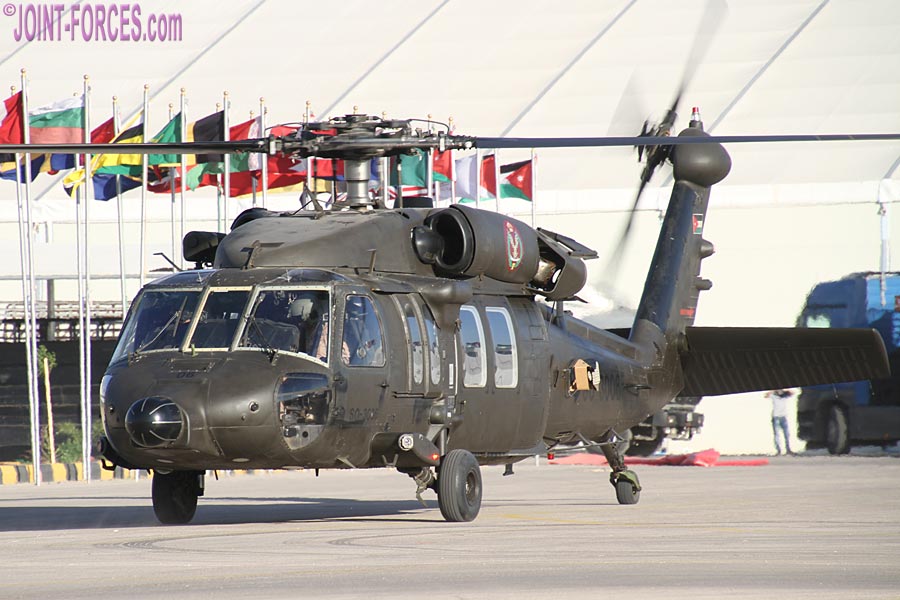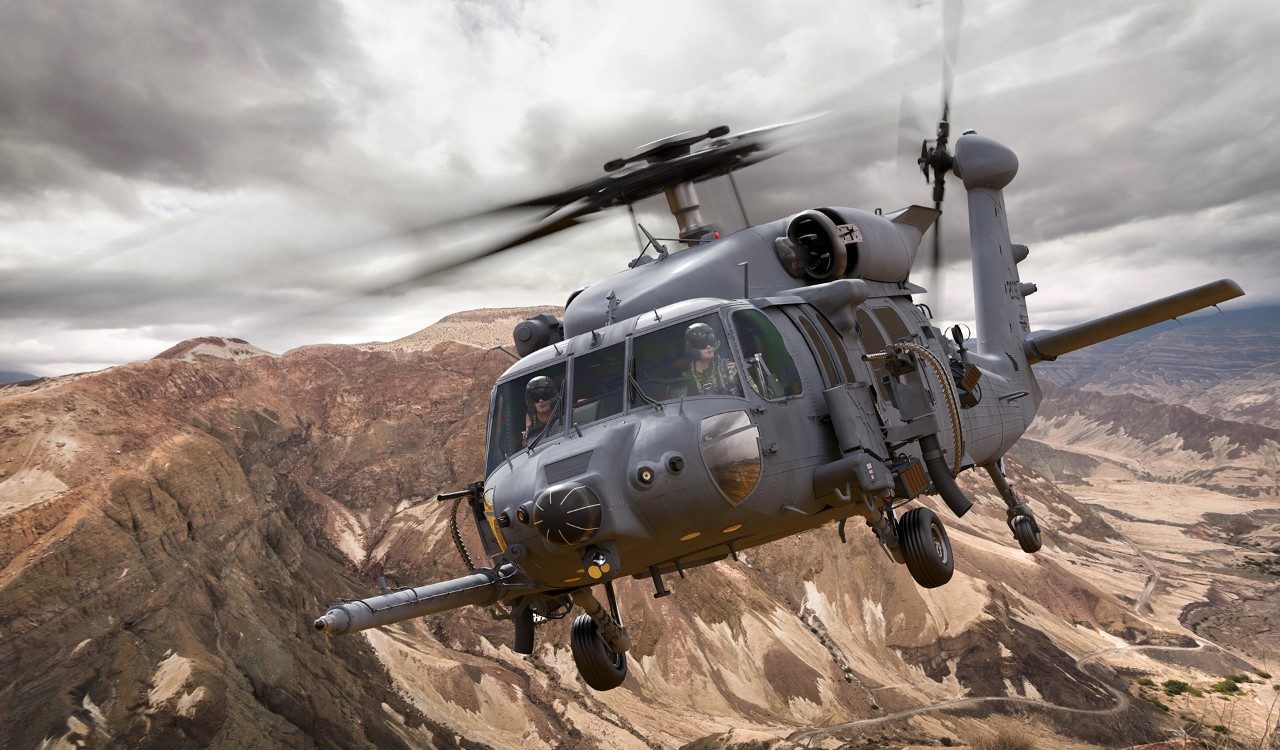UH 60 Black Hawk: Army Helicopter Functions and Capabilities
UH 60 Black Hawk: Army Helicopter Functions and Capabilities
Blog Article
The Effect of Sustainable Practices on the Future of Airplane Procedures and Emissions Reduction
As the air travel market encounters increasing scrutiny over its environmental influence, the fostering of sustainable practices becomes a critical pathway towards future airplane procedures and exhausts decrease. Innovations in sustainable air travel fuels and improvements in hybrid propulsion modern technologies stand at the forefront of this improvement, appealing significant decreases in greenhouse gas exhausts. The successful integration of these campaigns hinges on a variety of factors, consisting of regulatory frameworks and market cooperation. The question continues to be: just how will these advancing techniques reshape the dynamics of flight and add to a more lasting future?

Overview of Lasting Practices
Sustainable practices in aircraft procedures encompass a variety of techniques targeted at decreasing ecological effect while preserving functional effectiveness. These methods are essential in the aviation sector's commitment to decreasing its carbon impact and sticking to worldwide environmental standards. Trick campaigns consist of optimizing flight courses to minimize fuel consumption, boosting upkeep procedures to make certain aircraft operate at peak performance, and executing advanced technologies such as winglets and light-weight materials that enhance aerodynamics.

Training and engaging personnel on sustainability techniques additionally play an important role, fostering a culture of environmental obligation within organizations. Generally, the assimilation of these sustainable methods not just aids reduce emissions however also enhances the long-lasting feasibility of the aviation industry, ensuring it satisfies the needs of both consumers and regulatory bodies while adding to worldwide sustainability objectives.
Innovative Fuel Alternatives
Numerous ingenious fuel options are becoming crucial options to minimize the aeronautics sector's dependence on standard fossil gas. Amongst these options, Sustainable Aviation Gas (SAFs) have acquired substantial focus due to their possible to decrease lifecycle greenhouse gas emissions by up to 80% compared to standard jet fuels. SAFs are obtained from various feedstocks, consisting of waste oils, agricultural residues, and also algae, making them a functional choice for the industry.
Another appealing option is hydrogen fuel, which, when utilized in fuel cells, produces just water vapor as a result. Furthermore, electric propulsion systems are being discovered, leveraging battery innovation to power airplane.
Lastly, biofuels acquired from biomass are being examined, offering an eco-friendly option that can be combined with traditional fuels. Collectively, these ingenious gas alternatives represent an essential action towards attaining a lasting aviation ecological community, lining up with global emissions reduction targets and boosting the sector's environmental stewardship.
Technical Improvements in Aeronautics

Just how can technical advancements reshape the future of air travel? Technologies such as hybrid and electric propulsion systems are at the forefront, appealing substantial decreases in gas consumption and greenhouse gas emissions.
Furthermore, the implementation of innovative products, such as lightweight compounds, contributes to boosted the rules of aerodynamics and fuel efficiency. Making use of expert system and artificial intelligence in trip operations optimizes path planning and minimizes fuel melt by enabling real-time changes based upon weather and website traffic conditions. In addition, the development of self-governing and remotely piloted aircraft systems stands to revolutionize freight and guest transportation, potentially enhancing effectiveness while minimizing human mistake.
Furthermore, lasting aeronautics technologies, including innovative air traffic monitoring systems, can simplify operations and reduce blockage, bring about lower discharges during trip. These improvements jointly represent a paradigm shift in aeronautics, assuring a future where sustainability and functional performance are linked, thus supporting the market's dedication to reducing its ecological influence.

Regulative Structure and Conformity
Due to the expanding focus on ecological stewardship within the air travel market, the governing structure controling airplane procedures is progressing to advertise sustainable methods. Regulative bodies, such as the International Civil Air Travel Organization (ICAO) and various national aviation authorities, are presenting rigorous standards targeted at minimizing discharges and improving operational efficiency.
These regulations often consist of the fostering of Lasting Air travel Fuel (SAF), which has been identified as a vital element in accomplishing lower carbon impacts. In addition, conformity with these regulations requires airline companies to carry out advanced innovations and functional methods, such as enhanced trip paths and improved air web traffic monitoring, to lessen fuel intake.
Additionally, the enforcement of exhausts trading systems and carbon offsetting campaigns is coming to be progressively prevalent, compelling airline companies to keep track of and report their emissions accurately. Non-compliance can cause significant fines, therefore pushing drivers to focus on sustainability in their company versions.
Ultimately, the progressing regulatory landscape not only drives technology and investment in environment-friendly technologies however additionally promotes a society of liability within the air travel sector. As these structures remain to create, the focus on lasting methods will certainly be integral to accomplishing the field's long-term environmental objectives.
Future Fads in Airplane Operations
As the air travel sector adapts to an increasingly strict regulative setting, future fads in aircraft operations are set to concentrate on innovative remedies that additionally improve sustainability and performance - uh 60. Trick developments will likely include the adoption click for source of sophisticated air web traffic administration systems, which make use of real-time information and artificial intelligence to optimize flight paths, decreasing gas usage and emissions
An additional considerable trend is the boosted combination of lasting air travel fuels (SAFs) These alternatives to standard jet gas, stemmed from sustainable resources, can dramatically decrease lifecycle greenhouse gas exhausts. The sector's dedication to SAFs will likely speed up as airlines team up with gas manufacturers to ensure availability and cost-effectiveness.
Additionally, the push towards electrification and hybrid propulsion systems is acquiring energy. Emerging airplane styles will integrate these innovations, providing quieter and much more efficient procedures, specifically for short-haul trips.
Final Thought
The adoption of sustainable aviation fuels, coupled with improvements in electric and hybrid propulsion Click This Link systems, is essential for lessening lifecycle greenhouse gas emissions. Enhancing trip paths and welcoming cutting-edge modern technologies add to a quieter and a lot more eco friendly aeronautics sector.
Advancements in lasting aviation gas and innovations in hybrid propulsion technologies stand at the leading edge of this makeover, encouraging considerable reductions in greenhouse gas discharges.Various innovative gas options are arising as essential solutions to minimize the air travel sector's reliance on traditional fossil fuels - uh 60. Among these options, Lasting Aeronautics Fuels (SAFs) have gotten substantial attention due to their prospective to lower lifecycle greenhouse gas exhausts by up to 80% compared to conventional jet fuels.One find out more substantial fad is the increased integration of sustainable air travel fuels (SAFs) The adoption of lasting air travel gas, paired with advancements in hybrid and electric propulsion systems, is vital for lessening lifecycle greenhouse gas exhausts
Report this page